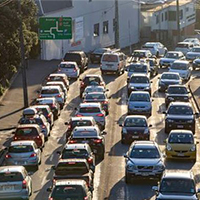What an overloaded bagel tells us about government efficiency
If for some ghastly reason you wanted to hit two birds, and you had two stones, trying to hit both birds with each stone would be pretty silly. You can throw both stones, so why not target things a bit more closely? Read more














